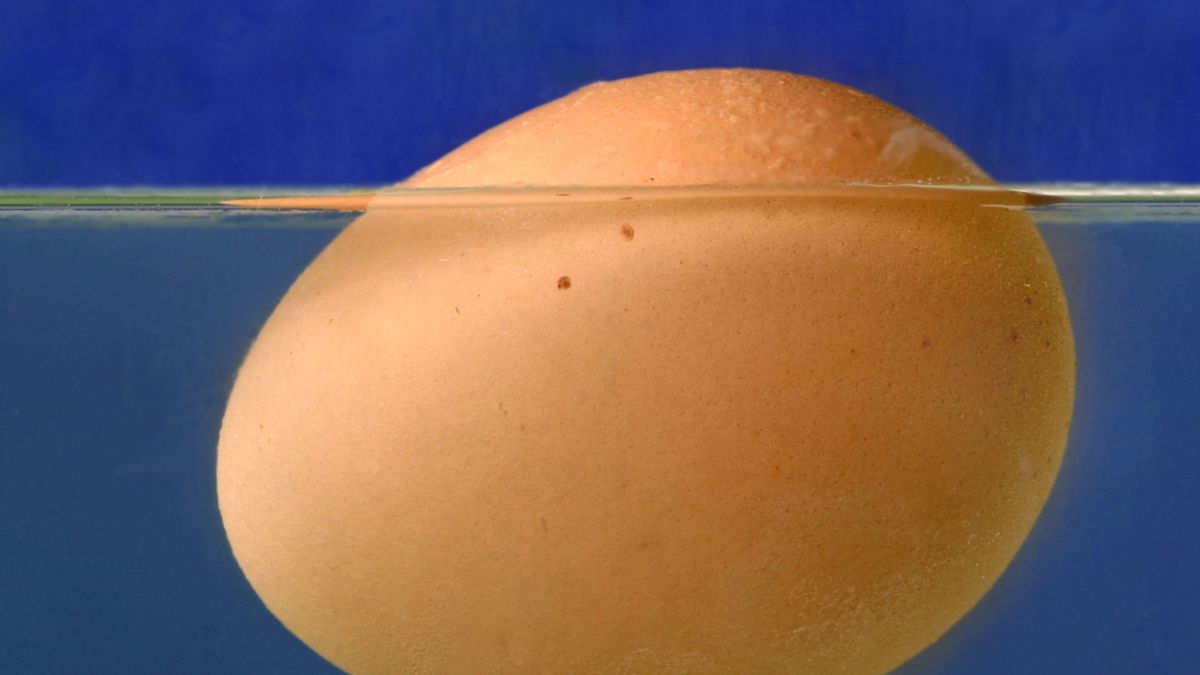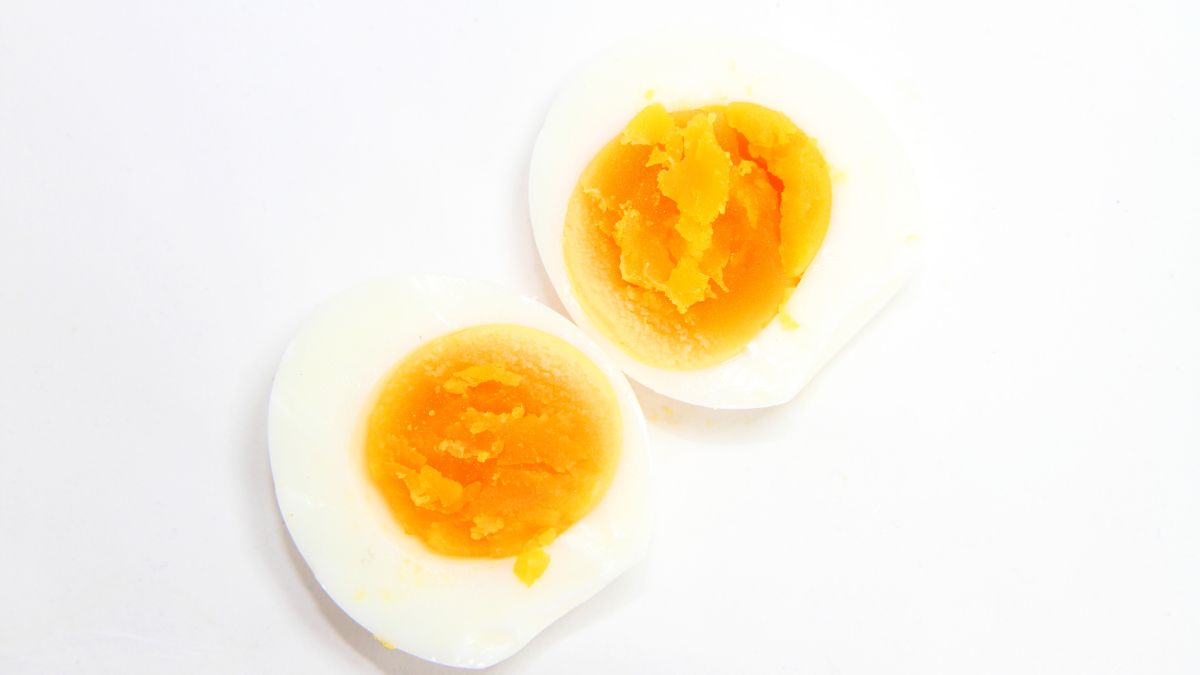Do Eggs Float When Done Boiling? Only Sometimes!

I always thought that if an egg floats when boiled, it means something is wrong with it, and though that may be true in certain cases, it is not always so. Well, I decided to check for myself. So, do eggs float when done boiling?
Eggs do float when done boiling, but only sometimes. When you boil an egg, the heat causes the water inside the egg to expand and turn into steam, which creates pressure inside the eggshell. An egg can float because it is old, but the yolk and white inside the egg solidify and shrink a bit when cooked, creating an air pocket.
Sometimes an egg that floats can be mistakenly taken as a sign that there’s something wrong with it, but it can also indicate whether or not the eggs are fully cooked. Still, an egg can float after boiling for several reasons, and knowing them is important to know whether your eggs are done. So, in this article, I will explain why eggs float.
How to Know When Eggs Are Done Boiling?
Even though boiling them may sound simple, eggs do not have any visible signs that they are done boiling. So, you can’t know this just by observing them. Also, there is no way to know whether or not they are old or if there is something else that would prolong the boiling time.
Therefore, it may be tricky to determine when the boiling process is done. I’ve had my fair share of undercooked eggs, so I know that it can be challenging at times. Luckily there are some tricks you can apply to make things easier and more predictable.
Using a timer is one of the most effective ways to determine whether or not your eggs are boiling. The boiling time varies from five to 15 minutes, depending on how you prefer your eggs.
If you like them soft-boiled, cook them for about five to seven minutes. For medium-boiled, cook them for eight to ten minutes; for hard-boiled, cook for 12-15 minutes. Set a timer and remove the eggs from the boiling water when the time is up.
Looking at the yolk is another way to decide whether or not your eggs are boiled, but this would mean that you’ll have to sacrifice one if it isn’t done. So, you can cut it open with a knife and look at the color and texture of the yolk.
The yolk should be runny and orange-yellow in color for soft-boiled and soft but not runny and bright orange in color for medium-boiled eggs. A solid yolk with a pale yellow color is a sign of hard-boiled eggs.

Just like you check the yolks, you can also check the whites, but again, it would mean sacrificing an egg. The white should be completely set and firm, surrounding the yolk equally from all sides. If the white is translucent and drippy, you need to boil them more.
Checking the yolk and the white are effective methods, but they require you to crack open an egg to see their state. So, when I’m boiling only one, this doesn’t work, and there are better ways to check if it’s done.
I love the spin test — it’s an extremely fun way to check the level of doneness. Take an egg out of the pot and place it on a level surface. Spin it and see how it spins.
If the egg spins evenly, like a ball, it means that it’s likely done. If it wobbles and spins oddly, it needs more cooking.
What Does It Mean if the Eggs Float?
Generally, when an egg floats, it means that there is air trapped somewhere inside of it. The air itself isn’t a problem, but where the air came from could be an issue. If the eggs float when they are boiling, it usually means that eggs are no longer as fresh as they could be, as it often indicates that they are old.
There’s a small air pocket inside the shell at the rounded end. This air pocket develops as the egg cools after it is laid because the inside starts to contract. Over time, as it ages, the air pocket inside the shell enlarges because the inside continues to shrink, making the egg less dense.
So, the older it is, the less dense it is; the larger the air pocket, the more it floats.
When you boil an egg, the high temperature causes the inside to enlarge and stiffen. As the yolk and white stiffen, they push the excess air out. This excess air exits from the tiny pores of the shell.
The more air there is, the more it is pushed out, and the more the egg floats.
So, the older the egg, the more it floats because it has a lot of air trapped inside. That’s why floating may indicate that there is something wrong with the egg, even though it doesn’t necessarily have to be so.
Also, just because it floats doesn’t necessarily mean it’s fully cooked, as eggs can also float in cold water. So, don’t let floating be your only indicator of whether your eggs are well-cooked.
Since you cannot know if they are fresh or not just by looking at them, I always do the sink test to determine if your eggs are good to eat. Put them in a bowl of cold water and see which ones float and which sink. Those that sink are the ones that you can eat.
